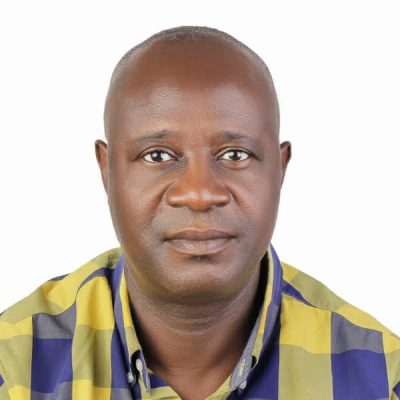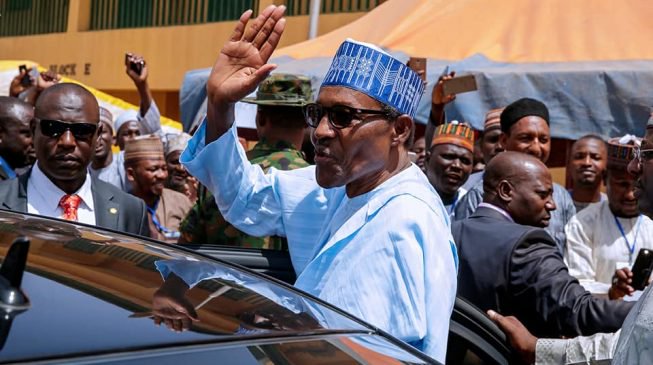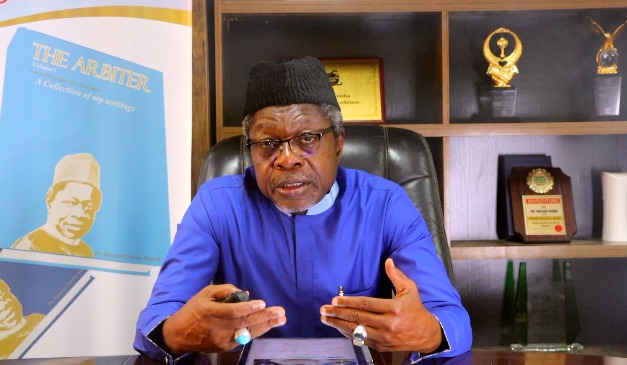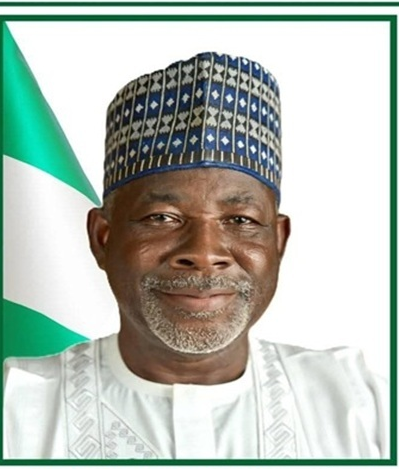In the whirlwind of global economic complexities, nations are incessantly seeking innovative strategies to foster economic stability. Nigeria, Africa’s largest economy, is no exception. The key to unlocking this stability may lie in an often underutilized tool: Public Relations (PR). In an age where information can traverse boundaries in mere seconds, effectively managed PR contents have the potential to sculpt the economic landscape of a nation.
One of the foundational aspects of PR is perception management. How a country is perceived internationally can greatly affect its economic stability. If Nigeria can harness the power of PR to project an image of stability, innovation, and growth, it can attract foreign investment, enhance tourism, and promote its exports.
Every nation navigates through economic uncertainties and crises. Nigeria has had its share, including fluctuations in oil prices, which significantly impact its economy. Through strategic PR, the country can mitigate these impacts by timely and transparent communication, pre-empting misinformation, and thus maintaining investor confidence.
Nigeria is rich in culture, resources, and opportunities. However, without the right narrative framing these attributes, the reality remains concealed. PR provides the canvas to paint the country in the light of progress and prospects. By sharing success stories of local start-ups, showcasing advancements in technology, and celebrating cultural heritage, PR content creates a compelling narrative for economic stability.
For any policy to be effective, the public must be aware of and trust in it. PR plays a critical role in explaining government economic policies, reforms, and their benefits to the populace. This understanding and transparency foster an environment of trust, which is invaluable to the stability of any market.
The Nigerian diaspora is a powerful force, with remittances greatly contributing to the economy. Through targeted PR, Nigeria can engage this demographic, encouraging investment back home, sharing opportunities for collaboration, and fostering a sense of community irrespective of geographic boundaries.
In the digital era, the reach of PR is boundless. Digital PR strategies, such as social media campaigns and influencer partnerships, can be used to promote Nigeria’s economic interests globally. By engaging foreign stakeholders and international media, Nigeria can shape a conducive environment for trade agreements and multilateral economic collaborations.
Unemployment is a significant challenge for economic stability. PR contents can be used to highlight burgeoning sectors, attract talent, and inspire entrepreneurship, thus creating employment opportunities. By emphasizing the potential within the country, PR can mobilize the workforce towards productive economic participation.
Investing in the future is paramount for sustained economic stability. Through PR campaigns focused on education, Nigeria can emphasize the importance of equipping its youth with skills for the economy of tomorrow. This, in turn, can assure investors of the country’s long-term economic prospects.
To glean the full benefits of PR, its impact must be measurable. By employing PR analytics, Nigeria can understand public sentiment, measure engagement, and adjust strategies accordingly. These insights can serve as economic indicators, informing policymakers and business leaders about the efficacy of their communication efforts.
As Nigeria strides towards economic stability, it must recognize that the deliberate and strategic creation, dissemination, and management of PR content is not a luxury but a necessity. It is a tool that can influence perception, inspire confidence, and propel the nation towards a stable and prosperous future. In the vast expanse of economic strategies, PR stands out not only as a vessel of information but as a driver of change, growth, and stability.
*Afolabi Olajuwon is Fellow, Nigerian Institute of Public Relations; Institute of Management Consultants; Researcher and resource person at the International Institute of Journalism, Abuja.





